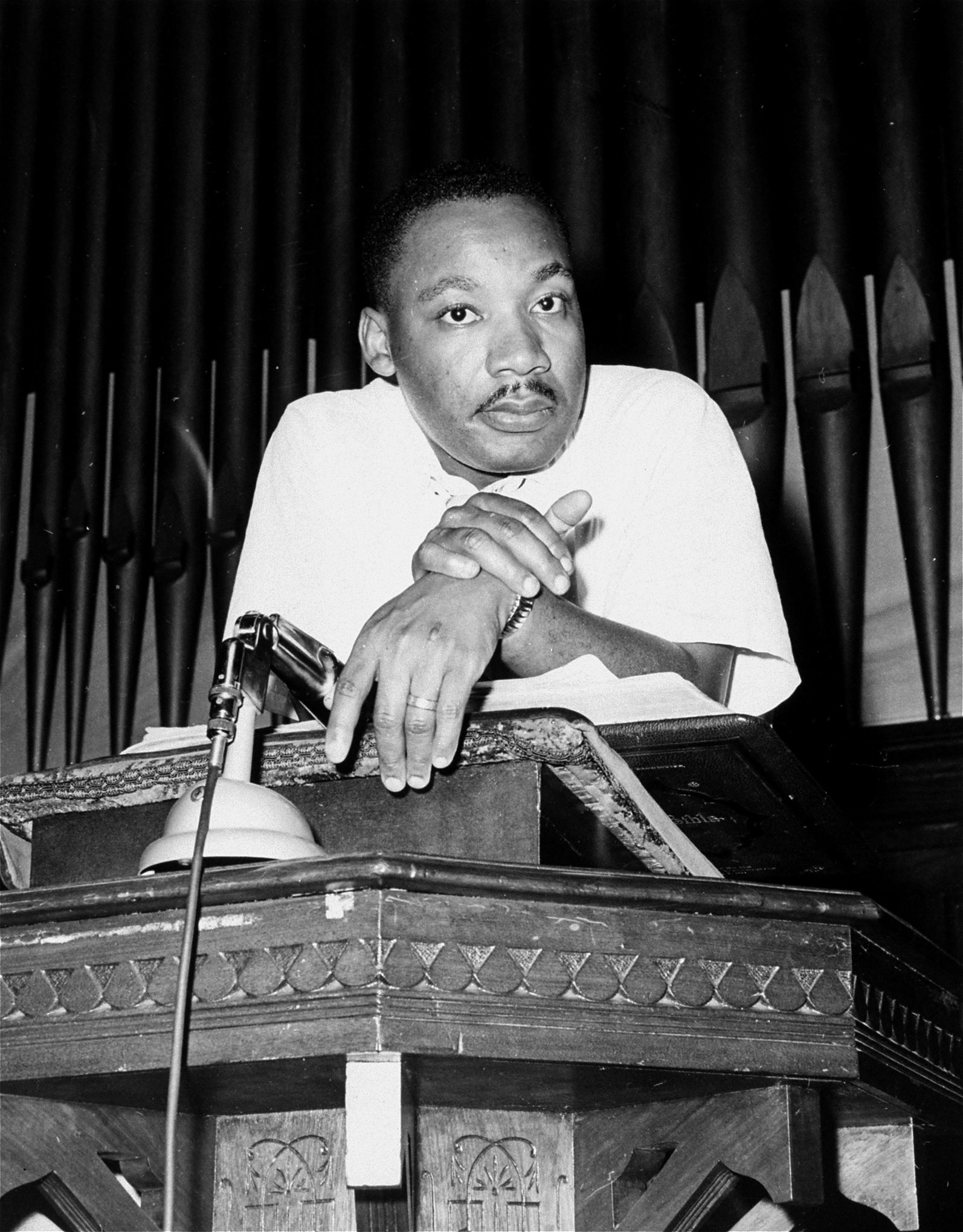
In the year before the March on Washington, Martin Luther King Jr. prepared a series of sermons that would become the book Strength to Love. This was King at his most prodigious and enduring, affirming that we “are caught in an inescapable network of mutuality.” And, among these 1963 reflections, he challenged the origins and objectives of charity. “Philanthropy is commendable,” he wrote. “But it must not cause the philanthropist to overlook the circumstances of economic injustice which make philanthropy necessary.”
King’s words acknowledge a central contradiction: philanthropy is a creature of our market system’s unequal benefits, and yet charged with addressing its prejudice and exploitation. They also guide us toward a new gospel of giving, defined by new tenets.
Step Into History: Learn how to experience the 1963 March on Washington in virtual reality
Modern philanthropy dates to the Gilded Age, when Andrew Carnegie proposed a radical idea: the wealthy should give from their gains to aid “the masses.” Many other families endowed foundations in Carnegie’s mold; the Ford Foundation, which I am privileged to lead, has directed billions of dollars to promote democratic values and human welfare. Today, “the philanthropist” might more fully understand—as King did—that while many of our efforts are good and even righteous, the supply of charitable giving cannot possibly keep pace with the demand for it. We might recognize that philanthropy is not one thing, but rather a continuum that spans from charity on one side to justice on the other—and that we must bend economic, social and political systems, the systems that made us, toward the latter. King’s calls of 1963 still reverberate in every village and hamlet. They must echo in the ways we give, as well.
This article is part of a special project about equality in America today. Read more about The March, TIME’s virtual reality re-creation of the 1963 March on Washington and sign up for TIME’s history newsletter for updates.
More Must-Reads from TIME
- Cybersecurity Experts Are Sounding the Alarm on DOGE
- Meet the 2025 Women of the Year
- The Harsh Truth About Disability Inclusion
- Why Do More Young Adults Have Cancer?
- Colman Domingo Leads With Radical Love
- How to Get Better at Doing Things Alone
- Michelle Zauner Stares Down the Darkness
Contact us at letters@time.com